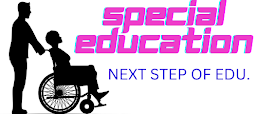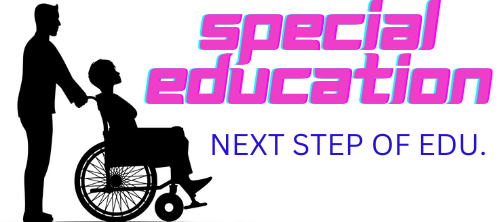AUTISM SPECTRUM DISORDER -
Autism Spectrum Disorder (ASD) is a neurodevelopmental disorder that affects an individual's ability to communicate, socialize, and form relationships with others. It is a complex disorder that affects individuals differently and can range from mild to severe.
Here are some key points about ASD:
1. Symptoms: The symptoms of ASD typically appear in early childhood, and they can vary widely from person to person. Some common symptoms include difficulty with social interaction, repetitive behaviors, language and communication challenges, and sensory processing issues.
2. Diagnosis: ASD is typically diagnosed through a combination of behavioral evaluations, developmental assessments, and medical tests. There is no single test that can diagnose ASD, so a comprehensive evaluation is necessary to accurately diagnose the condition.
3. Causes: The exact causes of ASD are not fully understood, but research suggests that a combination of genetic and environmental factors may play a role. Some studies have also suggested that certain prenatal and perinatal factors may increase the risk of ASD.
4. Prevalence: According to the Centers for Disease Control and Prevention (CDC), about 1 in 54 children in the United States has been diagnosed with ASD. It is more common in boys than in girls.
5. Treatment: While there is no cure for ASD, early intervention and treatment can help individuals with ASD develop important skills and improve their quality of life. Treatment may include a combination of behavioral therapy, speech therapy, occupational therapy, and medication.
6. Communication: Communication challenges are common in individuals with ASD, and they may struggle to express themselves verbally or understand nonverbal cues. Some individuals with ASD may benefit from assistive communication devices or alternative communication methods.
7. Socialization: Socialization can be difficult for individuals with ASD, as they may struggle with social cues and have difficulty forming relationships. Social skills training and other behavioral interventions can help individuals with ASD develop important social skills.
8. Sensory issues: Sensory processing issues are common in individuals with ASD, and they may struggle with certain sounds, textures, or smells. Occupational therapy can help individuals with ASD develop coping strategies for sensory processing issues.
9. Co-occurring conditions: Individuals with ASD may be more likely to have other conditions, such as ADHD, anxiety, or depression. These co-occurring conditions can complicate treatment and may require additional interventions.
10. Lifespan: ASD is a lifelong condition, and individuals with ASD may face unique challenges throughout their lives. However, with appropriate support and treatment, many individuals with ASD are able to lead fulfilling and productive lives.
In conclusion, ASD is a complex disorder that affects individuals differently and can range from mild to severe. While there is no cure for ASD, early intervention and treatment can help individuals with ASD develop important skills and improve their quality of life. It is important to recognize that individuals with ASD have unique strengths and challenges, and with appropriate support, they can lead fulfilling and productive lives.




0 Comments
Have you any doubt, Tell me ;